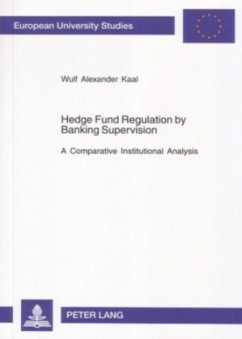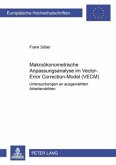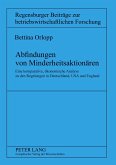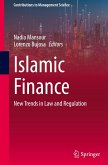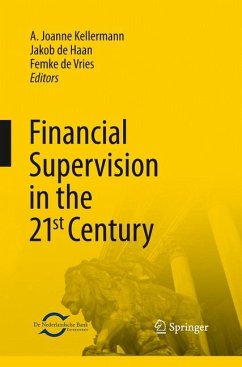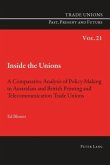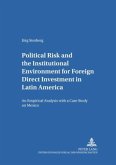Hedge Fund regulation is a paradox. If regulators do not regulate Hedge Funds, markets may be at risk and investors could be insufficiently protected. On the other hand, if Hedge Funds are over-regulated jurisdictional arbitrage with all its economic detriments may occur. One way to address this dichotomy is to set up specific rules requiring disclosure and registration. So far only the German legislator and the US - SEC have decided to follow this path of regulation. The dissertation shows how these regulators and others have addressed the problem, underscoring the limited utility of such regulation. Using the analytical tool of New Institutional Economics (NIE) and Incomplete Contract Theory, this book demonstrates that indirect regulation of Hedge Funds via Basle II addresses the problem of jurisdictional arbitrage, limited transparency, and high transaction costs, whilst ensuring secrecy and high net returns. Basle II also indirectly addresses systemic risk problems and HedgeFund's level of leverage, as well as moral hazard problems by reforming lending practice and disclosure to Hedge Funds, thereby decreasing the capital - leverage ration of Hedge Funds.
Bitte wählen Sie Ihr Anliegen aus.
Rechnungen
Retourenschein anfordern
Bestellstatus
Storno

